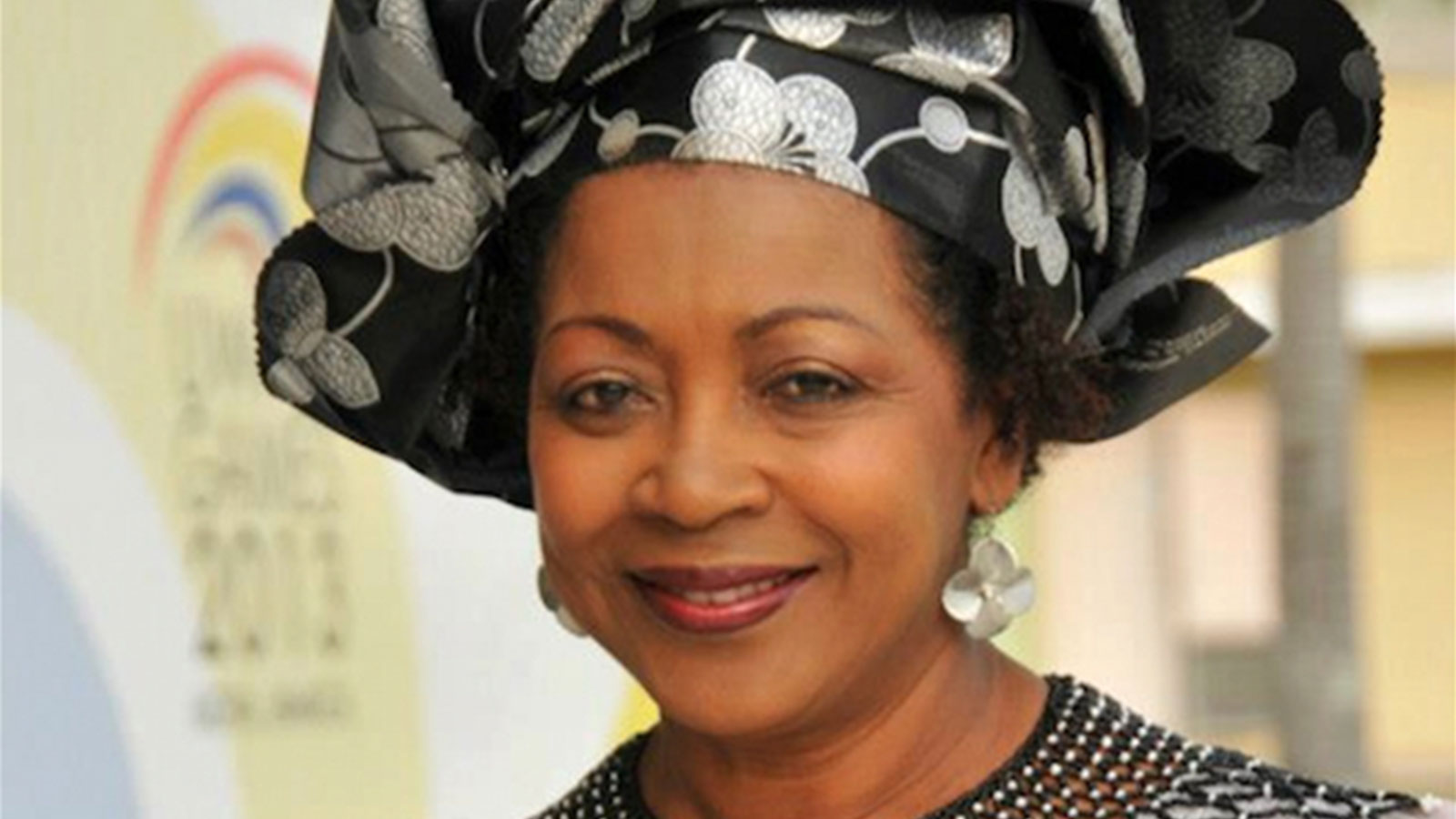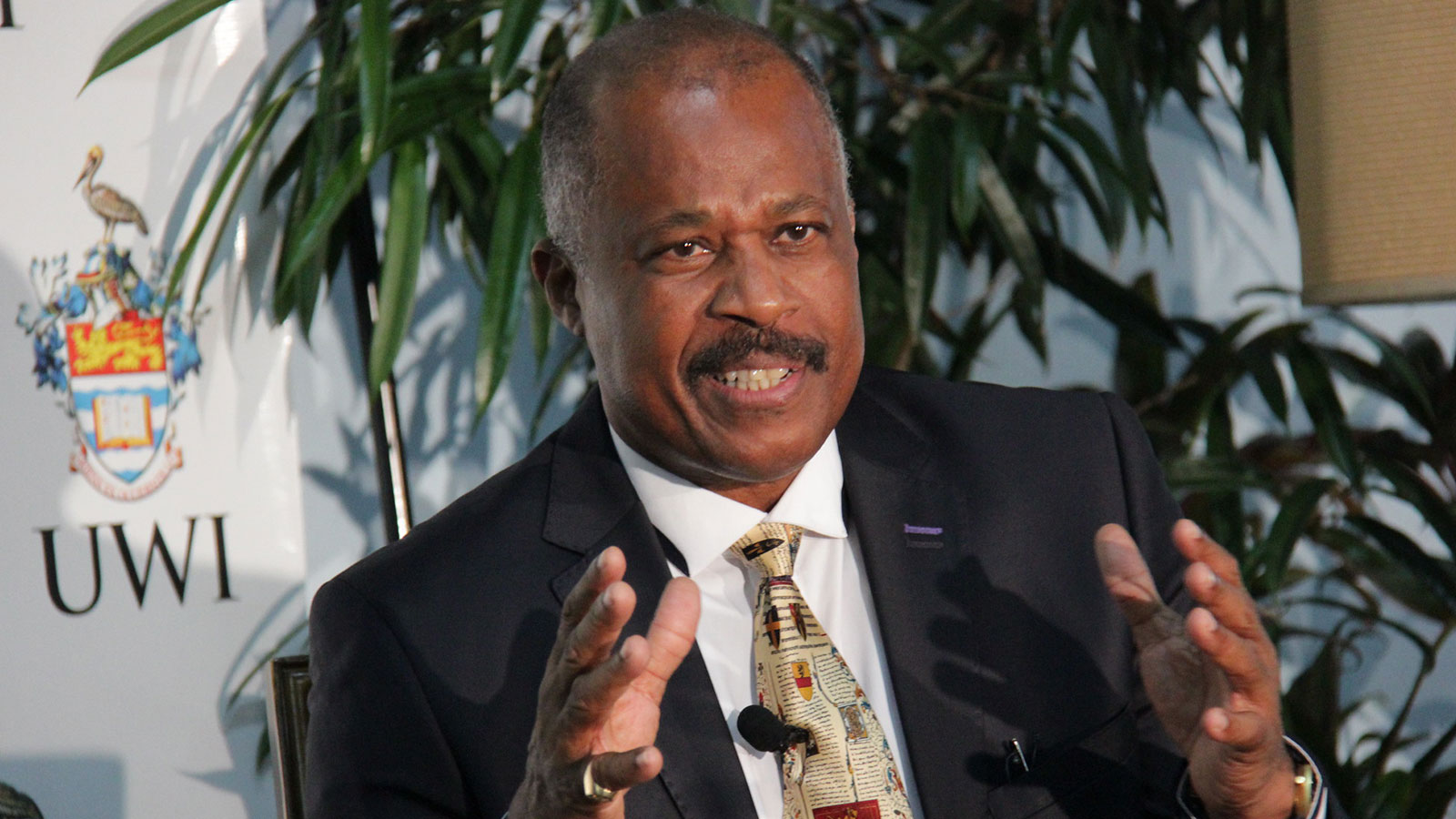… but insist further action needed on reparations front.
By Judana Murphy, Jamaica Gleaner —
CARICOM Reparations Commission Chairman Professor Sir Hilary Beckles has asserted that The Netherlands is currently best poised to bring global leadership to the long and sustained call for reparatory justice for slavery.
Beckles’ comments follow Dutch Prime Minister Mark Rutte’s apology on Monday for his nation’s role in slavery and the transatlantic slave trade.
“His statement moves us closer to closure in respect of the crippling criminal chapter in human history. We recognise, however, that this development is best understood as an internal conversation within the Dutch state. The prime minister did not bring to the table those who are the survivors of this historic crime. The victim communities in the Caribbean and beyond are, therefore, not stakeholders to this historic statement,” Beckles told the press on Wednesday.
Beckles, who is also vice-chancellor of The University of the West Indies (UWI), reasoned that though historic, the statement must be challenged on the basis that Rutte did not seek the organised input and support of the Caribbean community and the reparatory justice movement, in general.
The Dutch first became involved in the transatlantic slave trade in the late 1500s and became a major trader in the mid-1600s. Eventually, the Dutch West India Company became the largest transatlantic slave trader.
“We believe that this circumstance can be reconciled in the second phase, and we are looking forward to meeting with the Dutch prime minister and his team, representatives of the Dutch state, to speak about the movement of this statement of apology into a development approach in which reparatory justice is at the centre of the conversation,” Beckles said.
Beckles reasoned that poverty, illiteracy, ill health, and all of the social and economic consequences of colonisation have remained at the centre of the Caribbean experience.
He added that the region has made known its view on reparations, which is about the implementation of a development plan that “seeks to clean up the colonial mess left behind in the Caribbean and to position the region to be more sustainable and competitive within the context of the world economy”.
Urged to Follow Suit

Professor Verene Shepherd
Director of the Centre for Reparations Research at The UWI, Professor Verene Shepherd, urged other European nations to follow suit.
“I encourage all former colonial powers, to which the CARICOM Reparations [Commission] sent letters, to issue their own apologies instead of replies setting out their social and philanthropic actions in the Caribbean, remind[ing] us of their activism on modern-day slavery, remind[ing] us of their grants and loans since independence and statements of deep sorrow, regret, and remorse that stop short of taking full responsibility for a crime against humanity and acting on the CARICOM 10-point plan for reparatory justice,” she said.
Armand Zunder, chairman of the National Reparations Committee of Suriname, shared that the apology is considered a milestone, especially among elderly Surinamese people.
Zunder said he expects that on July 1, which commemorates 150 years since the end of slavery in Suriname, the king of the Netherlands will travel to Suriname and give an apology as the symbolic representative of the Dutch people.
He said that the government must also take responsibility for the repair, which is the next step in the process.
Meanwhile, chairman of Guyana’s reparations committee, Eric Phillips, said he was dismayed that Guyana was not mentioned in the apology, having been a Dutch colony for almost 200 years.
“We in Guyana, however, welcome the courageous step taken by the prime minister of The Netherlands. We see the apology as a portal – a gateway between the mental, spiritual, economic, financial, health, cultural and psychological crises that people of African descent live with daily in the former colonies – a gateway for a better future,” he reasoned.
Phillips said he is looking forward to dialogue that will lead to reparatory justice and hopes that the resources from the same will be used for development.
Source: Jamaica Gleaner
Featured image: Professor Sir Hilary Beckles, chairman of the CARICOM Reparations Commission.















